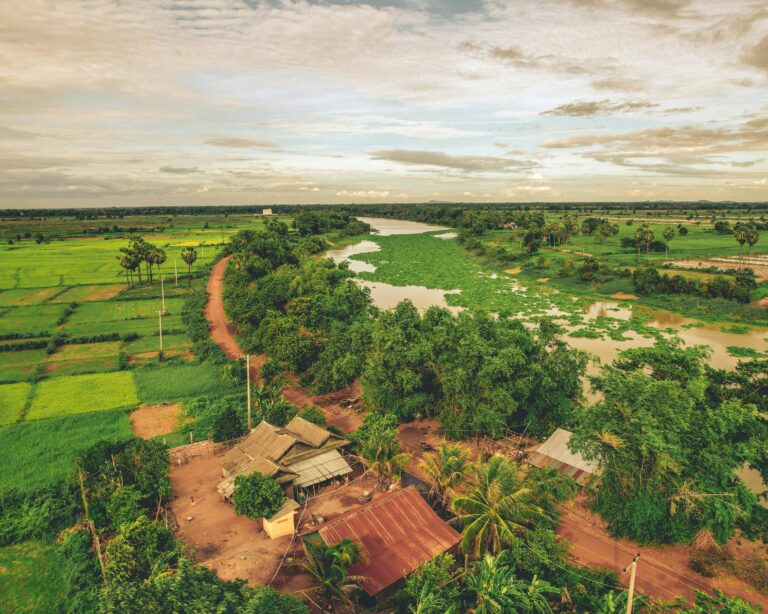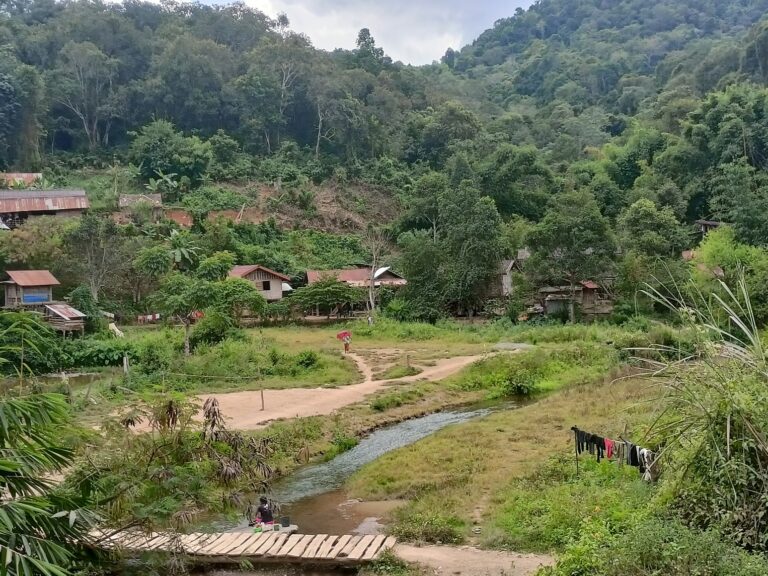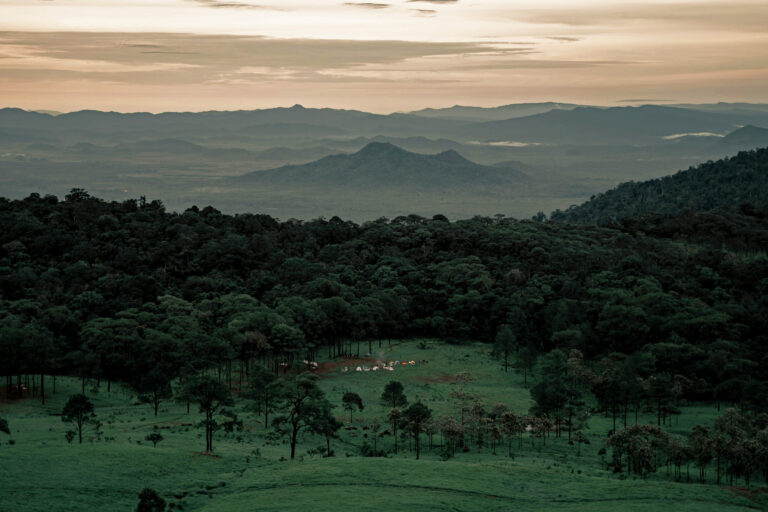VN-ADAPT’s goal is to enhance Vietnam’s resilience to climate change through the adoption of nature-based solutions for adaptation (NbSA), in particular by scaling up the adoption of NbSA to transform two agriculture-dependent and climate-vulnerable landscapes – the Mekong Delta and Central Highlands.
To achieve this, VN-ADAPT strategically targets the private sector to mobilise their innovation and investment. The project adopts a market-based approach to ensure sustainability and scalability. It will provide tailored combinations of technical assistance and co-investment grants to businesses of different sizes to adopt and scale NbSA through inclusive value-chain approaches that maximise benefits for smallholders, cooperatives, and local stakeholders.
Other constraints to scaling NbSA by the private and public sectors are addressed by the project. A better evidence base for NbSA in agriculture will be developed and communicated. A stronger and more ambitious legal, policy and public finance framework will translate Vietnam’s ambitions into local plans and guidance, improving the enabling environment. Stronger public-private dialogue and coordination, and a proactive communication, learning and engagement strategy, will support these activities and directly influence and mobilise additional finance.
ICEM leads the implementation of Work Package I which aims to provide the scientific evidence base for more natural and ecologically-based land-use transitions, and to improve access to and analysis of downscaled climate information to inform multi-stakeholder dialogues and establish a basis for consensus-building for the necessary transformations in the target agro-ecological landscapes.
Specific activities conducted by ICEM under Work Package I include:
Sub-regional baseline assessments for Mekong Delta and Central Highlands:
-
-
- Define sub-basins in Central Highlands and agro-ecological zones in Mekong Delta
- Define hazard categories and conduct hazard mapping
- Conduct analysis trends in the last 10 – 15 years, current status and drivers of change of biophysical, hazard and climate profile, socio-economic and agriculture
-
Sub-regional climate change and hydrological modelling and vulnerability and risk assessments:
-
-
- Conduct climate change projections for target agro-ecological landscapes
- Perform hazard assessment and hydrological modelling
- Determine level of exposure to current and future hazard threats
- Assess impacts on key relevant agricultural sub-sectors and the stakeholders affected
- Conduct vulnerability assessments for the agricultural sub-sectors and the stakeholders affected
- Develop ‘Climate Smart Maps’ (CS Maps) identifying the sub-basins and agro-ecological sub-zones/districts, agricultural production systems, sub-sectors and communities most vulnerable to climate change and hazards/risks
-
Detailed adaptation planning for key agricultural sectors and development of network of NbS for priority sub-basins/agro-ecological sub-zones or target districts
-
-
- Conduct detailed adaptation planning for key agricultural sub-sectors and development of network of NbS for priority sub-basins/agro-ecological sub-zones/ target districts
- Perform hydrological modelling of business-as-usual (BAU) and NbSA intervention scenarios
- Prepare a conceptual design for the networks of NbS and ecosystem approaches
- Provide training to relevant national and provincial agencies and private actors in the application and maintenance of NBS in agro-ecological sustainable development
-
Development of a Decision Support Tool (DST) to support climate-resilient agriculture and NbSA
-
-
- Develop the DST as an input to enable and support ecosystem-based land use and agricultural sector decision-making and planning (link to Work Package II planning activities) in each region
- Develop an open-access web-based content management system consisting of the DST and knowledge base linked to functionalities of the DST to support informed decision making
-
Building capacity for DST management and use
-
-
- Develop technical manuals for the operationalisation, management, maintenance and use of the DST
- Provide training to relevant national and provincial agencies, and private actors in the application and management of DST for planning and decision-making
-
ICEM also provides technical support to review the design of NbSA investment sub-projects that will be implemented by the private sector under Work Package III.
Discover our projects on nature-based solutions



